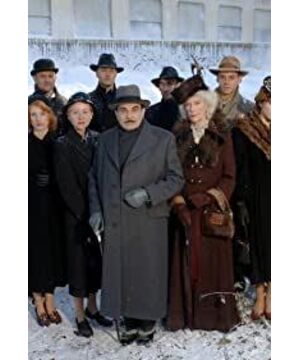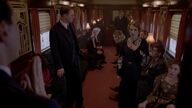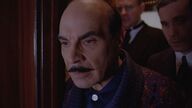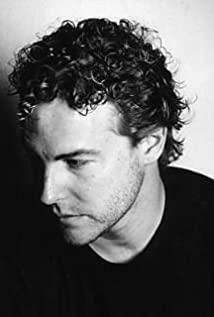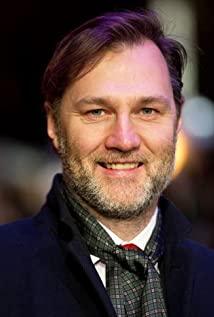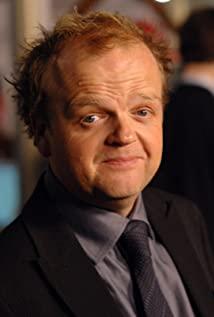In the early stage, Poirot was calm and self-controlled, and at the beginning of the sergeant's suicide, I could hardly see his mood swings except for a little depression. Facing the Italian Mafia who brutally murdered the little girl but escaped from the law, and the so-called 12-person "jury" formed by the girl's relatives and friends for revenge, what is "law" and what is "justice", his belief has been Can't tell him the answer. In fact, Poirot met the derailed woman who was stoned to death on the street, already hinting at the truth of the story, and the sergeant who committed suicide under Poirot's aggressiveness at the beginning made Poirot's ruthless face a crack, and at the end of the story he chose to hide it The truth is unexpected, and it seems reasonable.
In the end, Poirot's eyes were reddish and he walked heavily into the distance. Behind him were the police and twelve revenge men standing in the snow. This scene can be regarded as the best in the whole story.
View more about Murder on the Orient Express reviews


